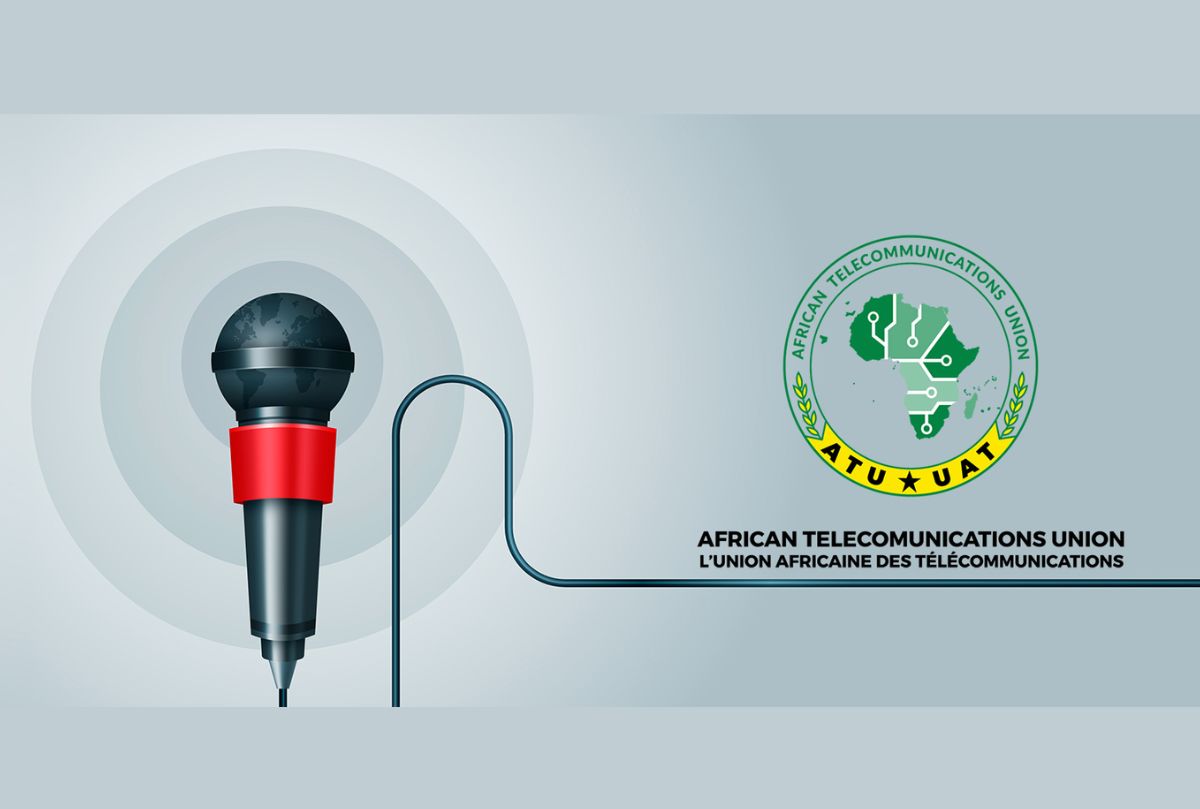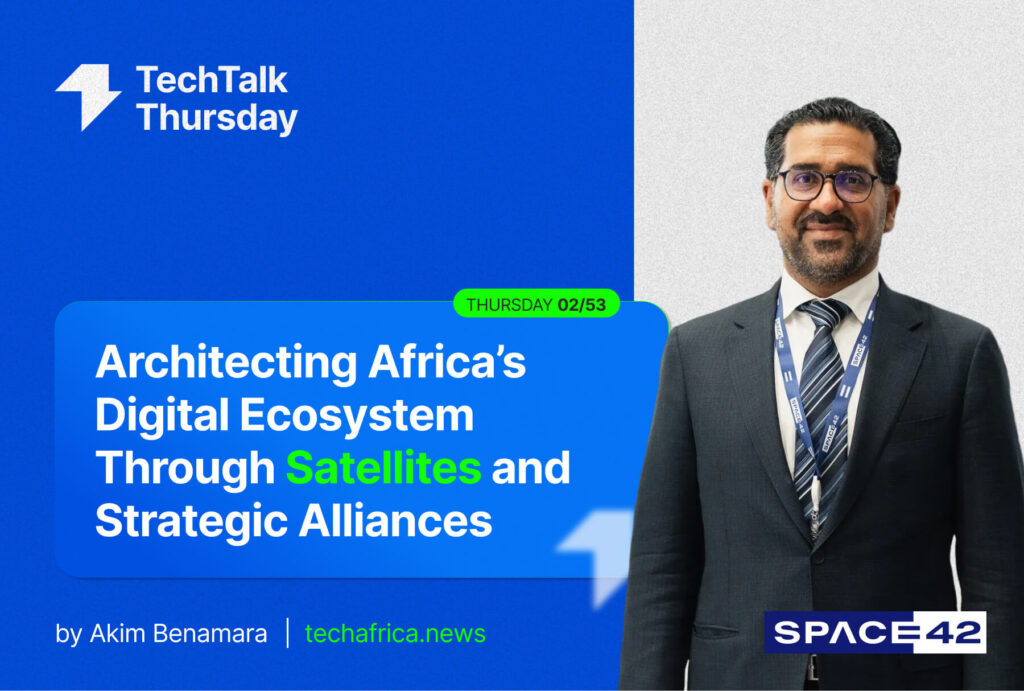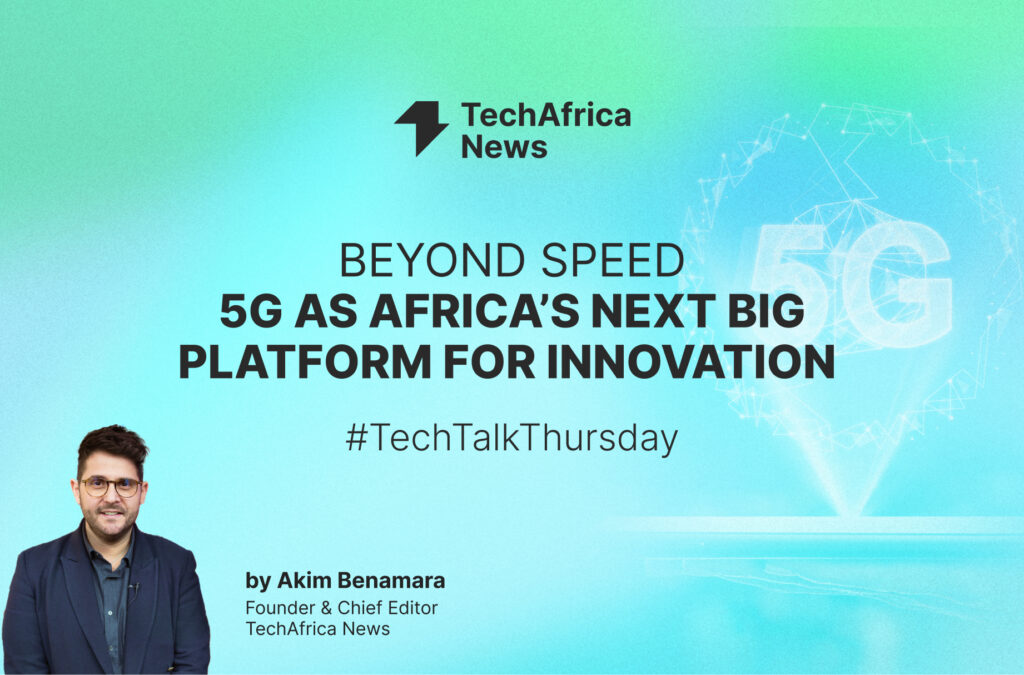ATU and AU Highlight AI’s Role in Achieving Agenda 2063 Goals
Africa addresses AI challenges, targeting connectivity, regulation, and talent retention to harness transformative $2.9 trillion potential.

As Africa marked the forty-seventh African Telecommunications and ICT Day, policymakers and ICT stakeholders convened virtually to address the continent’s marginal presence in the global artificial intelligence (AI) market, which is valued at USD 16.5 trillion.
Kenya’s ICT and Digital Economy Cabinet Secretary, Dr. Margaret Ndung’u, highlighted a significant concern: the region’s persistent brain drain in AI talent.
African postgraduates in AI are ten times more likely than their European counterparts to fill data analyst roles in the global north.
– Dr. Margaret Ndung’u, ICT and Digital Economy Cabinet Secretary, Kenya
This phenomenon continues to hinder Africa’s potential to exploit the vast opportunities within the AI space.
Despite its challenges, Africa is poised for transformation. Experts predict that by 2030, AI could inject USD 2.9 trillion into the continent’s economy, leading to an annual 3% GDP increase, lifting 11 million Africans out of poverty, and creating jobs for 500,000 people annually. African Telecommunications Union (ATU) Secretary General John Omo noted Africa’s current 2.5% share in the global AI market as a missed opportunity but emphasized the steps needed to tap this potential.
We must begin by tackling connectivity challenges and closing coverage and usage gaps, particularly for those disproportionately affected—women, low-income earners, less educated individuals, and rural dwellers.
– John Omo, Secretary General, African Telecommunications Union (ATU)
However, the continent’s progress in AI faces structural barriers. Only six African nations have enacted data protection laws, and issues such as inadequate digital infrastructure, regulatory gaps, and safety concerns over AI systems persist.
In a broader push for standardization, ITU Telecommunication Standardization Bureau Director Seizo Onoe announced over 100 existing standards for AI, with 150 more under development. These standards aim to further reliability, fairness, security, and accessibility in AI systems. “From climate action to healthcare, AI is driving breakthroughs,” he noted, underlining its role in sustainable development.
The African Union (AU), through flagship initiatives like Make Africa Digital (MAD) and the African Digital Compact (ADC), is actively advancing the adoption of emerging technologies. Chairperson of the AU Experts on AI, Mr. Amr Safwat, urged the adoption of the Continental Artificial Intelligence Strategy to accelerate the realization of Agenda 2063—Africa’s long-term development vision.
The African Telecommunications and ICT Day, celebrated annually on December 7, honours the founding of the ATU in 1977. As a specialized agency of the AU, the ATU continues to champion the advancement of Africa’s ICT sector, promoting integration, capacity building, and investments across the continent.






